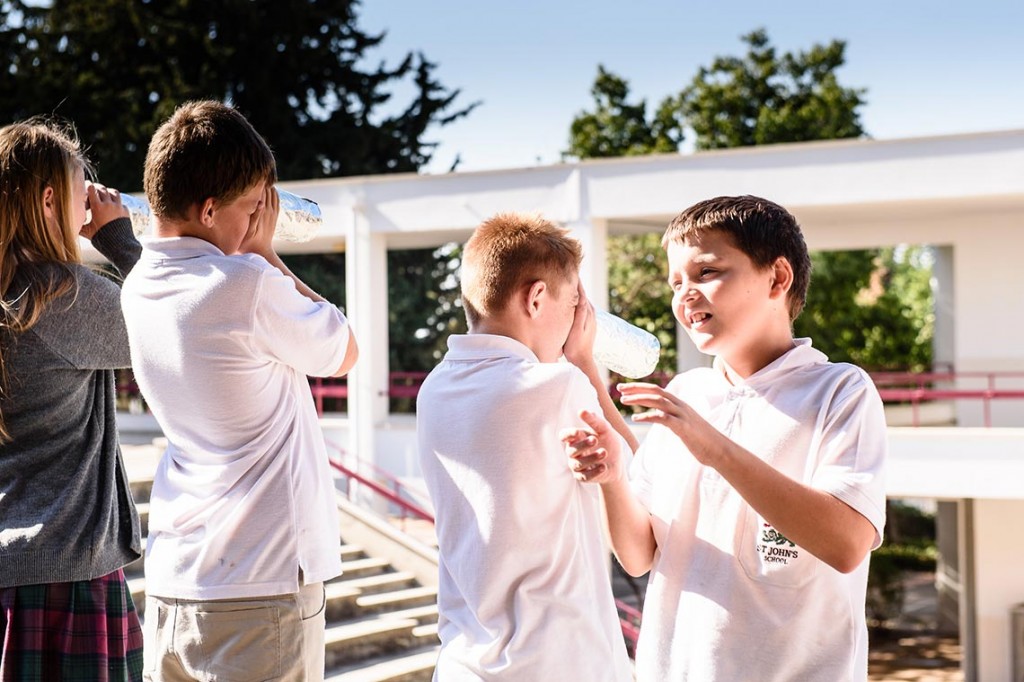
Year 7-11 Curriculum rationale
Curriculum intent:
Our science curriculum aims to provide students with a deep understanding of the natural world and the scientific method, as well as the skills and knowledge necessary to become scientifically literate citizens. Our curriculum is designed to prepare students for further study in science and related fields, as well as to equip them with the critical thinking and problem-solving skills necessary for success in a wide range of careers.